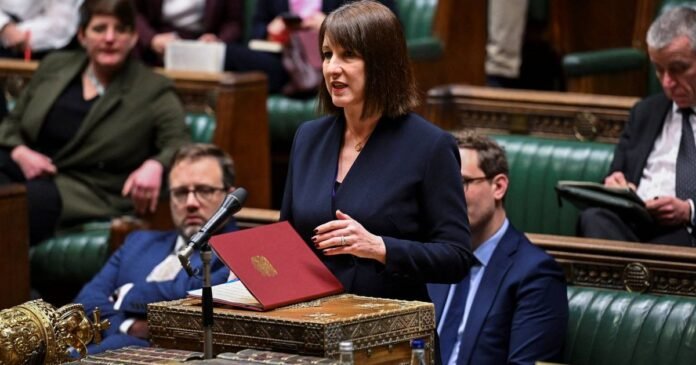Labour has been dealing with a challenging financial situation left behind by the previous government, prompting speculation about potential tax hikes and spending cuts under Chancellor Rachel Reeves. The Budget, scheduled for November 26, is expected to bring discussions on various measures that could impact the public’s finances.
Experts suggest that one possible move by the Chancellor is extending the freeze on income tax and national insurance thresholds, which could result in millions more people facing higher tax rates in the coming years. While this could generate significant revenue for the Treasury, it may also draw criticism due to potential implications for ordinary taxpayers, especially as the state pension is projected to surpass the tax-free personal allowance soon.
Other options being considered include raising the higher tax rate from 45% to 50%, as well as potential changes to fuel duty, which has been frozen for a decade. The freeze on fuel duty is estimated to cost the Treasury billions, with discussions ongoing about its future.
There is also talk of introducing a wealth tax, but Chancellor Rachel Reeves has previously dismissed the idea, highlighting the government’s efforts to ensure a fair tax system. Property taxes, such as stamp duty, could see significant revisions, including the potential introduction of a new property tax on high-value homes.
Furthermore, proposals to adjust inheritance tax rules and levy additional charges on pension funds are being explored to generate more revenue for the government. Banks and betting firms are also under scrutiny, with calls for increased taxes on their profits to fund various social initiatives.
The government’s consideration of tax adjustments across different sectors reflects a broader effort to address financial challenges and ensure sustainable revenue streams while balancing the impact on individuals and businesses.
